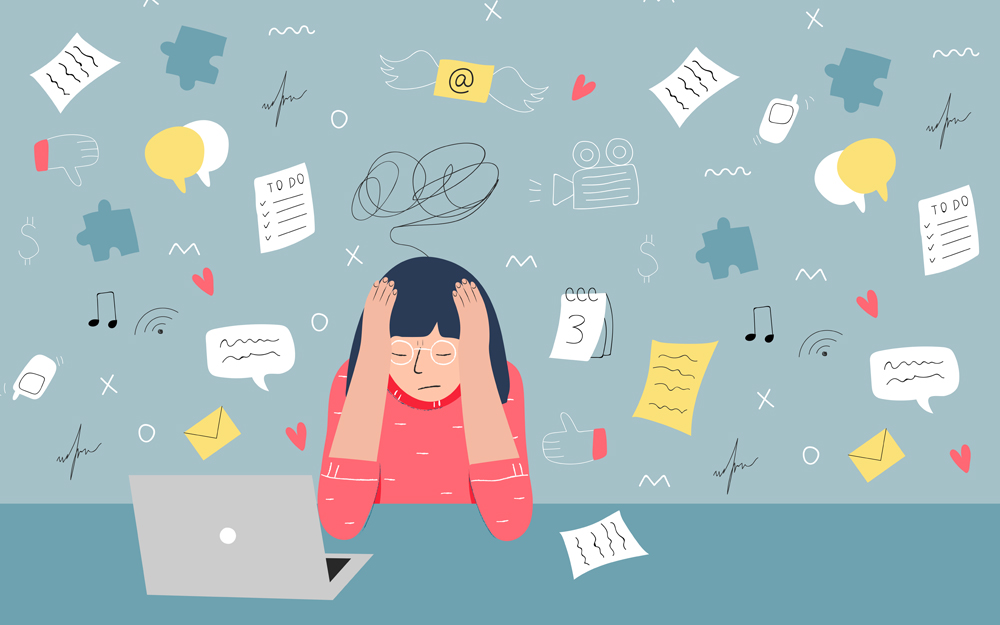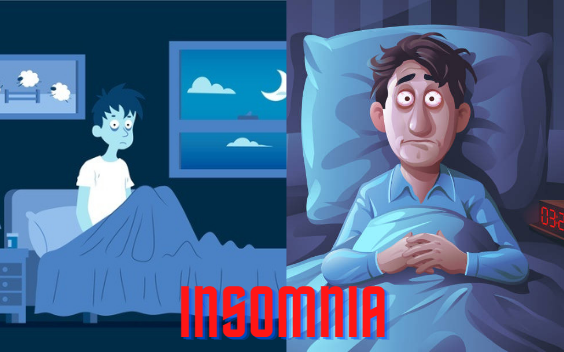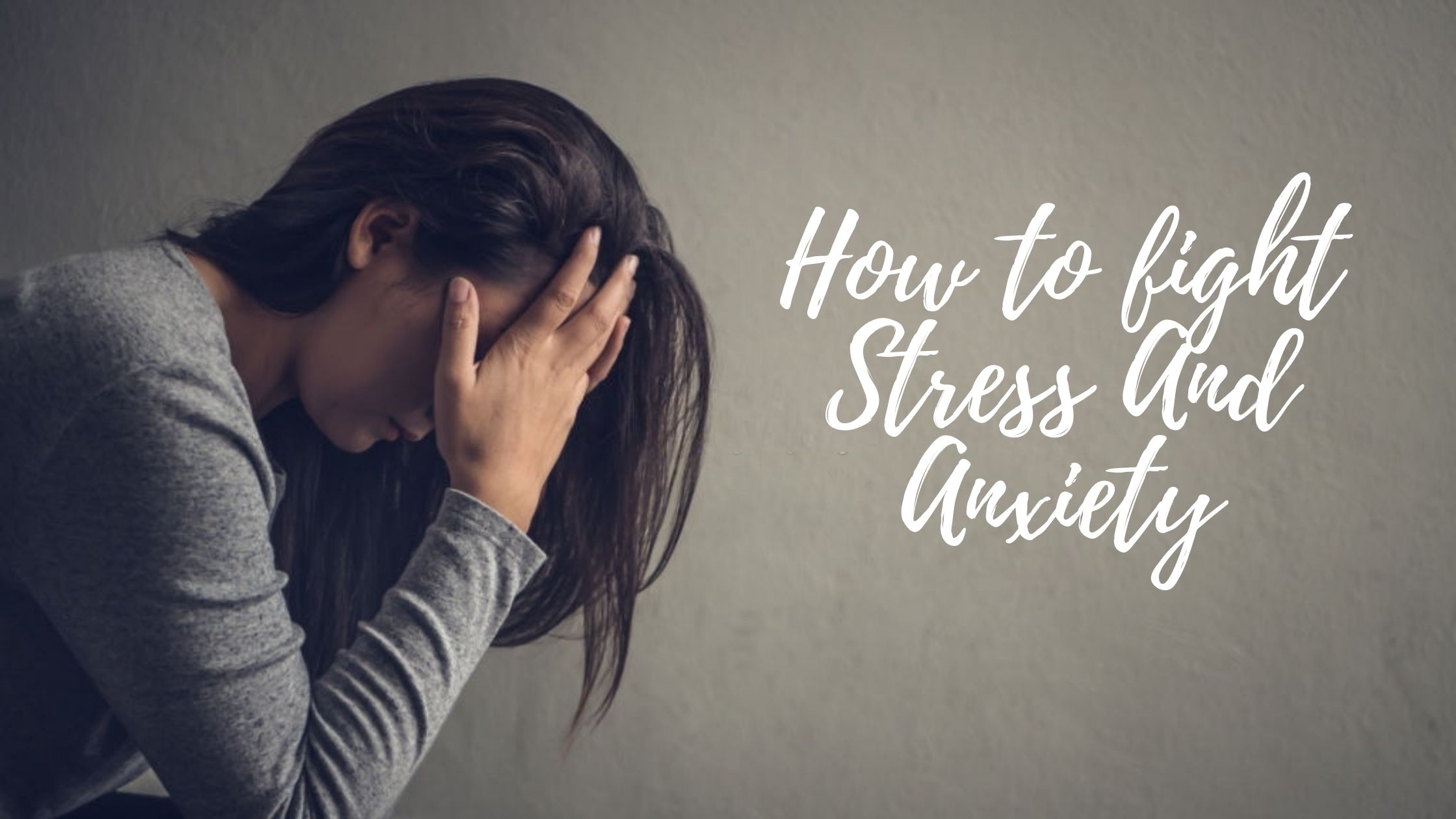What Is Stress?
First of all we need to know that what is stress? It is feeling of being under unusual and abnormal pressure. According to psychology, it is a type of psychological pain.
However, it can also be explained as a feeling of emotional pressure.It causes the release of hormones like cortisol and adrenaline in the human body.
Types of Stress:
Not all the types of stress have harmful effects on human body. Some of them have positive effects too. Mild stress is required in some situations to keep yourself motivated and to enhance your performance. Here are some common types of stress.
1-Acute Stress:
We encounter this type of stress in our day to day routine. It may be positive as well as distressing. For example if you are behind the deadline and suddenly miss a serious accident in this situation. At this situation your mind is suffering from acute stress.
2-Episodic Acute Stress:
It’s symptoms are similar to those of acute stress. However, they occur more often and accumulate to a greater extent.
For example, a company is being poorly managed, the boss is stressed and passing emergencies to you. The condition of your mind in this situation can be termed as episodic acute stress.
If not managed well, this kind of stress may lead to serious health problems like heart diseases.
3-Chronic Stress:
It is caused by serious life problems in which you don’t have control like racism, poverty and war. Chronic stress my also be caused by traumatic experiences especially during childhood.
It may persist up to years. In this type of stress many people stop fighting it and give up. It can cause chronic and acute diseases.
Generally these three types of stress are common, however some experts classify stress into a fourth type also known as “Eu stress”.
4-Eu Stress:
This is a positive type of stress. It causes the release of the adrenaline hormone. This hormone keeps you energetic and prepared for any type of strenuous physical activity like athletics and so on.
Causes of Stress:
There are several causes of stress, some of them are mentioned here as:
- Challenging relationships.
- loss of job.
- Poor management of work.
- Unclear expectations of your work.
- Chronic illness or injury.
How can you identify signs and symptoms of stress?
Here are some symptoms, if you have these then you might be suffering from stress.
- Constant worrying or anxiety.
- Difficulty in concentrating.
- Low self esteem.
- Headache.
- Change in sleeping behavior.
- Tiredness.
- Use of drugs.
- Difficult to relax.
- Issues related to digestive system.
- Nervousness.
Health Consequences of Stress:
Stress may cause several health problems for you like weakening of immune system and obesity. Which may lead to other serious illnesses like:
- High blood pressure.
- Diabetes.
- Heart diseases.
- Schizophrenia.
- Insomnia.
How to Manage and Reduce Stress?
Some medications are also used to cure stress. A doctor may prescribe antidepressants to cure stress. He may also suggest Cognitive behavioral therapy. But the best way to control and reduce the stress is to take precautionary measures. These measures are described below.
1-Identify and avoid triggers:
First thing you need to do is to find out the triggers of stress. You must identify the factors in your daily routine which trigger the stress and avoid them. Although all of them can not be avoided, you can avoid few of them.
2-Take balanced diet:
Eating a balanced and healthy diet improves the mood which is definitely helpful in reducing the stress. Your diet should contain vegetables and fruits and also contain protein rich food.
3-Exercise on regular basis:
Exercises keep both body and mind fresh. They also help in the improvement of mood. You must take part in healthy exercises like jogging, swimming and cycling. These exercises relax the muscles of your body and help in reduction of stress.
4-Meditation:
Meditation works better especially in the morning. Sit in the comfortable position. Close your eyes and imagine to be at a place you find relaxing. Take a deep breath, hold it for a few seconds and then release smoothly.
This practice is soothing for your mind as well as body. It reduces the stress to an amazing extent. You should practice it for 20 to 30 minutes every morning in order to reduce stress.
5-Take regular breaks during work:
Continuous working without any break has harmful effects on body as well as mind. It is one of the major causes of stress and other illnesses. You need to take a small break after 1 or 2 hours of continuous working. It will not only boost your performance at work but eliminate risk of stress also.
6-Stop smoking and drinking alcohol:
Many people smoke or drink in order to relax. Although smoking and drinking alcohol can relax you only for a short period of time. And when their effect vanishes, the conditions are more worsened. Eventually they enhance stress instead of reducing it. So it is necessary for you to avoid smoking, drinking and taking other drugs.
7-Have A Regular Sleep Cycle:
Getting too little or bad quality sleep triggers stress. If you are working too much and taking insufficient sleep then it will have harmful effects on your health. It will lead to several illnesses including stress. You need to get a sleep of at least 7 hours each day. If you take sufficient sleep, it will be helpful in reduction of stress.
8-Talk to friends and family members:
You need to spend some time with your friends, family members and loved ones. As you can talk to them regarding any issue you are facing. They encourage you and even provide possible solutions to those issues. Thus social support helps you to reduce stress.
9-Better Time Management:
You need to learn how to manage your time in a better way. If you properly manage your time and make a schedule, you can perform the assigned tasks timely. Thus you can save yourself from tiresome burden of work. So we can say that better time management is necessary for you to overcome stress.
10-Try to be Mindful:
Mindfulness is a body-mind approach. It focuses on your thoughts in a way to increase your ability to understand and manage difficult situations. Researches have shown that mindfulness reduces the effects of the following
- Stress
- Anxiety
- Insomnia
- Poor concentration.
- Low moods.
So above mentioned measures may help you overcome and reduce the stress.
What Is Sleep Paralysis? Causes- Symptoms-Treatments —- Read More















0 Comments